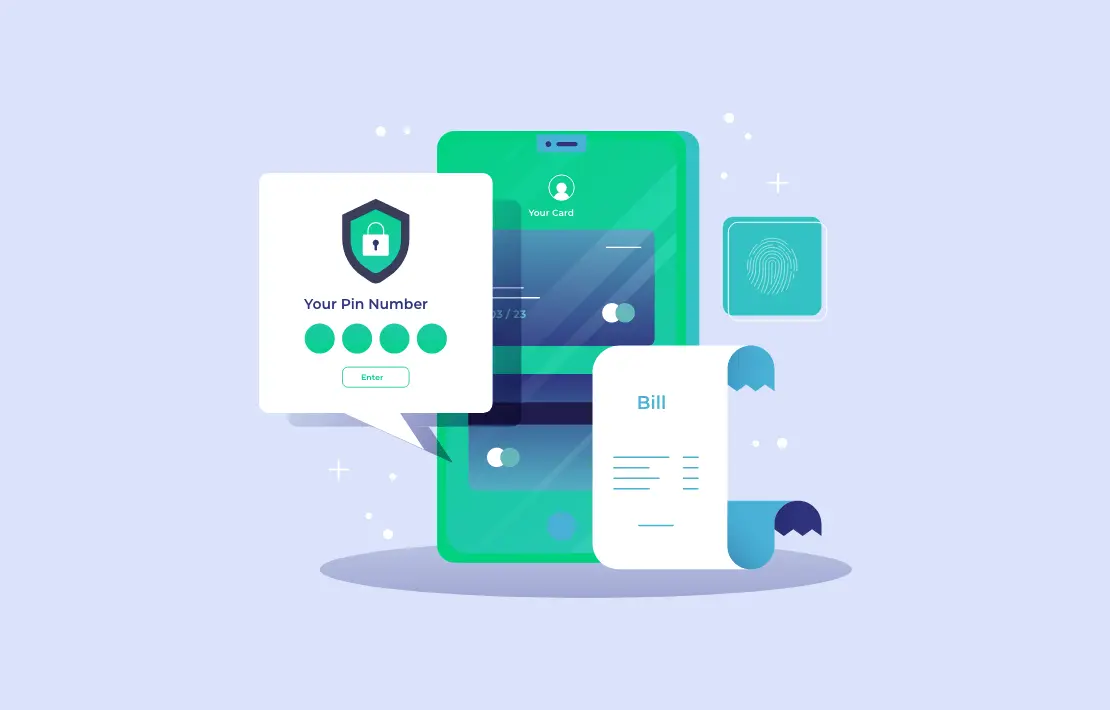Have you ever wondered how safe your online activities are? In an increasingly sophisticated era of cyber threats, ensuring digital security has never been more crucial. One effective tool that stands out in the fight against hackers is a Virtual Private Network (VPN). But how exactly does a VPN protect you from these cyber criminals?
In this blog post, we’ll unravel the mystery behind VPNs, exploring the technology and strategies they use to safeguard your sensitive information. By the end, you’ll understand a VPN's pivotal role in your online defense and how you can harness its full potential to stay secure.
How Does a VPN Protect You from Hackers?
Let's dive into the story of Sarah, a digital nomad, who learned the hard way about the importance of cybersecurity and how a VPN became her ultimate defense against hackers.
1. Sarah’s Wake-Up Call
Sarah was living her dream, traveling the world and working remotely. She often relied on public Wi-Fi in cafes and co-working spaces to stay connected. One sunny afternoon in Bali, as she sipped her coffee, she logged into her online banking account using the café’s free Wi-Fi. Little did she know, a hacker named Jack was lurking in the same network, waiting for an opportunity.
The Attack
Within minutes, Jack had intercepted Sarah's connection and stolen her login credentials. By the time Sarah realized what had happened, her bank account was drained, and her personal information was compromised. Desperate and scared, Sarah began searching for solutions to protect herself from future attacks.
2. The Discovery of a VPN
In her quest for answers, Sarah stumbled upon VPNs. Intrigued, she decided to dig deeper into how they worked and how they could protect her from cyber threats.
What is a VPN?
A VPN, or Virtual Private Network, creates a secure, encrypted connection between your device and the internet. It masks your IP address, making your online actions virtually untraceable and securing your data from prying eyes.
3. Implementing a VPN: The First Step to Safety
Eager to regain control of her online security, Sarah decided to set up a VPN. Here’s how she did it:
Step 1: Choosing a Reliable VPN Provider
Sarah began by researching reputable VPN providers. She read reviews, compared features, and checked for strong encryption protocols. Finally, she chose a provider known for its reliability and robust security measures.
Step 2: Downloading and Installing the VPN
Next, Sarah downloaded the VPN software on her laptop and smartphone. The installation process was straightforward, guided by the provider’s user-friendly instructions.
Step 3: Connecting to a Secure Server
Once installed, Sarah opened the VPN application, selected a server location, and clicked connect. Instantly, her internet connection was encrypted, and her IP address was hidden. She felt a sense of relief, knowing her online activities were now protected.
4. Understanding How a VPN Shields You
Sarah wanted to understand the full extent of her VPN’s capabilities. Here’s what she discovered:
Encryption: The Invisible Shield
A VPN encrypts your internet traffic, making it unreadable to hackers. This encryption acts like a tunnel, safeguarding your data from interception.
Masking Your IP Address
By hiding your IP address, a VPN makes it nearly impossible for hackers to trace your online activities back to you. This anonymity is crucial for maintaining your privacy.
Secure Wi-Fi Connections
Sarah often connected to public Wi-Fi networks, which are notoriously insecure. With her VPN, these connections were now encrypted, protecting her from potential threats lurking in the same network.
Avoiding Phishing Attacks
A VPN can help prevent phishing attacks by blocking malicious websites. Sarah learned to recognize suspicious emails and links, but knowing her VPN had an extra layer of protection gave her peace of mind.
5. Staying Safe in the Long Run
Sarah’s story didn’t end with setting up a VPN. She committed to maintaining her digital security by:
Regularly Updating Her VPN Software
Sarah ensured her VPN software was always up to date, benefiting from the latest security enhancements.
Using Strong, Unique Passwords
She created strong, unique passwords for her accounts and enabled two-factor authentication wherever possible.
Being Cautious with Personal Information
Sarah became more mindful of the information she shared online, reducing her vulnerability to cyber-attacks.
Conclusion: Join the Conversation
Sarah’s journey from a carefree traveler to a cybersecurity-savvy digital nomad illustrates the transformative power of a VPN. By following these steps, you too can protect yourself from hackers and enjoy a safer online experience. Have you had any experiences with VPNs or cybersecurity? Share your story in the comments below—we’d love to hear from you!



